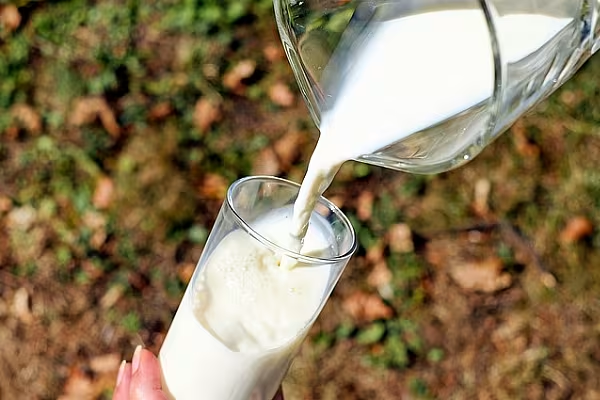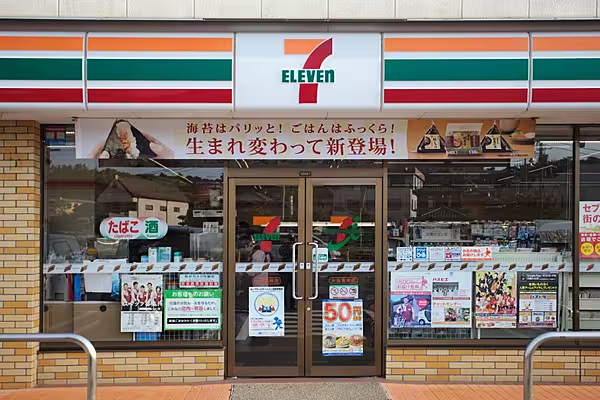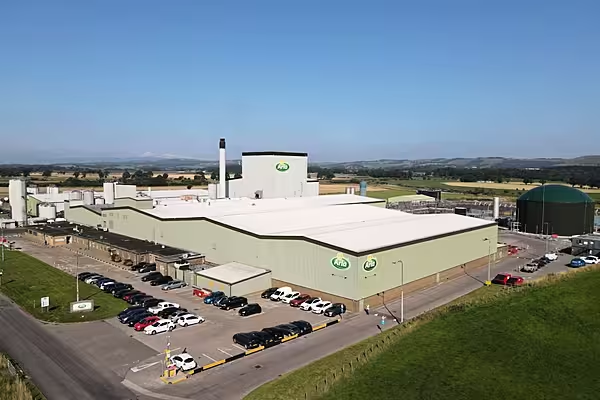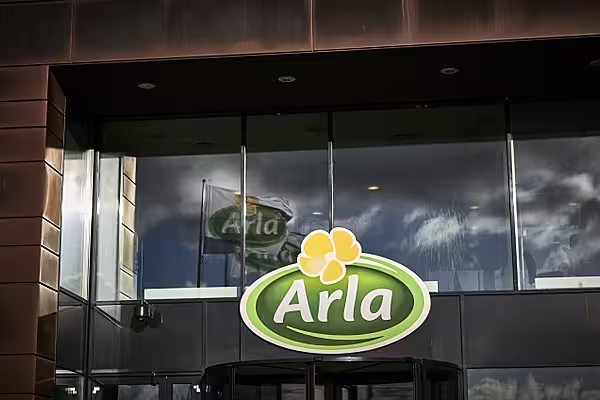A small dairy in Tasmania is stocking supermarket shelves with what it says is the world's first branded milk produced by cows fed with a seaweed that makes them emit lower levels of environmentally damaging methane gas.
The livestock industry accounts for around 30% of global methane emissions, according to the United Nations. Seaweed and other feed additives for cattle could reduce these greenhouse gas emissions but have yet to be widely adopted due to cost.
Since February, family-owned Tasmanian dairy producer Ashgrove has been feeding around 500 cows - a fifth of its total - an oil containing a seaweed extract that reduces the methane released by a cow's digestion, said co-owner Richard Bennett.
The cows produce around 10,000 litres of milk a day, a portion of which is bottled as "Eco-Milk" and sold across Tasmania including at Woolworths, Australia's largest supermarket chain.
"We're getting about 25% reduction in methane," Bennett said.
Climate-Friendly Dairy
Eco-Milk is a test of whether consumers will pay extra for dairy products that have a lower environmental impact.
A two-litre bottle sells for A$5.50 ($3.67), twenty-five cents more than normal full cream milk, Bennett said, adding that sales were going well but the company had yet to decide on whether to expand the project.
Producers of feed additives that inhibit the release of methane by microbes digesting plant matter in cows' stomachs have invested hundreds of millions of dollars to produce enough to feed millions of animals.
French cheese maker Bel Group said last year it would feed an additive to around 10,000 dairy cows in Slovakia. Other firms including JBS, Danone and Fonterra have dabbled with additives but not rolled them out at scale.
The additive used by Ashgrove is supplied by a Tasmanian company called Sea Forest. Its CEO Sam Elsom said he hoped Eco-Milk would be popular.
"If these products aren't supported, things will go back to usual," he said. "And the pace of decarbonisation will be much slower."
Read More: Morrisons Partners With Sea Forest To Curb Agricultural Emissions











